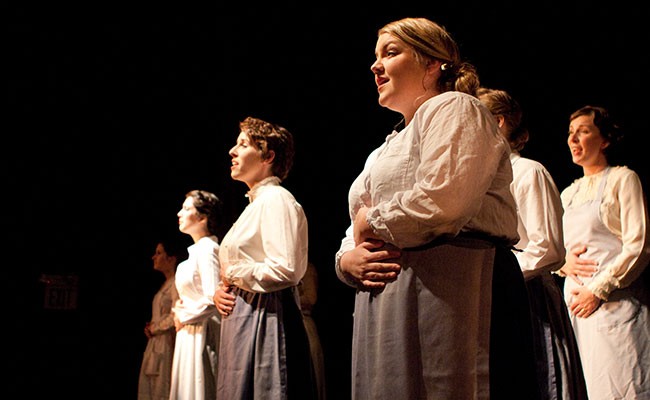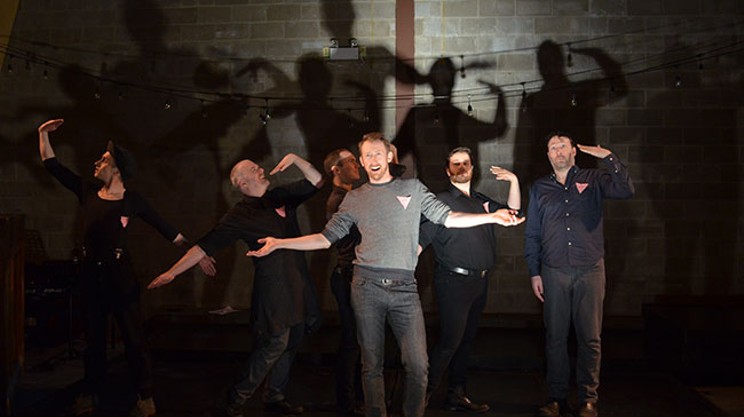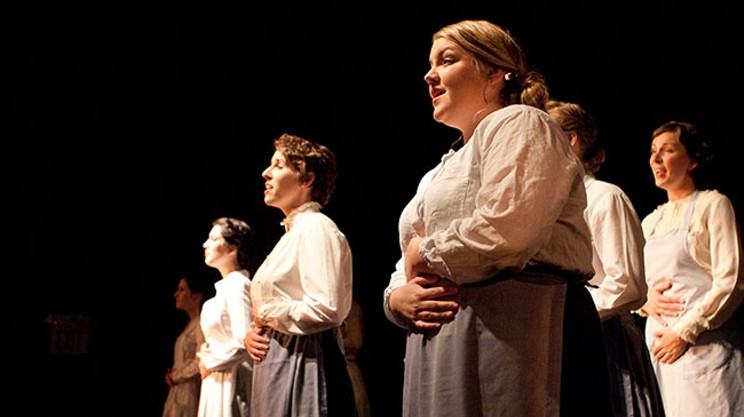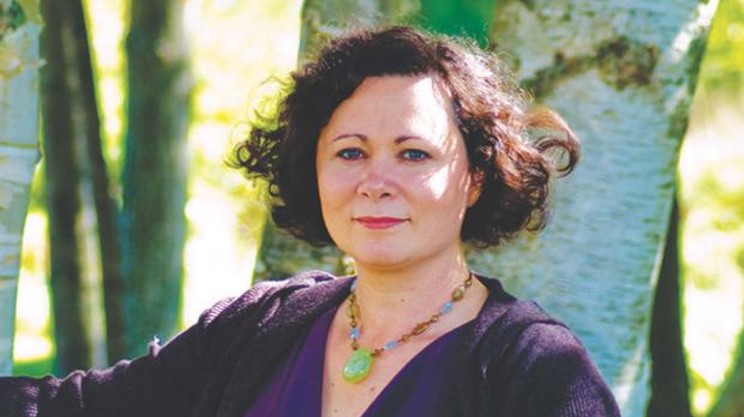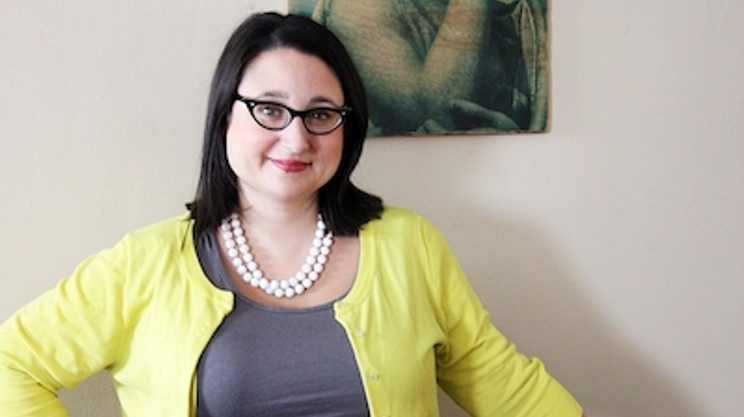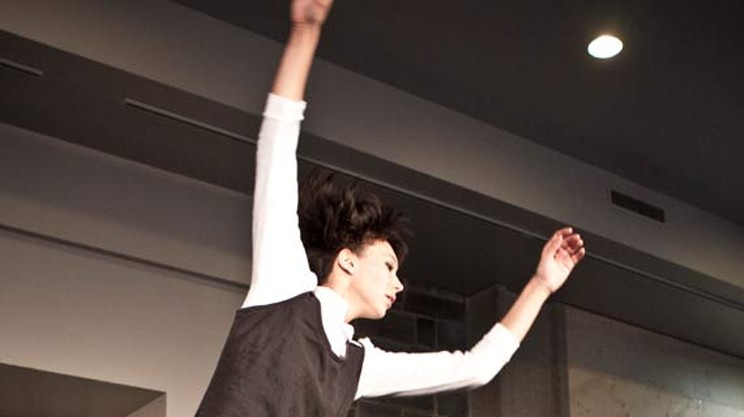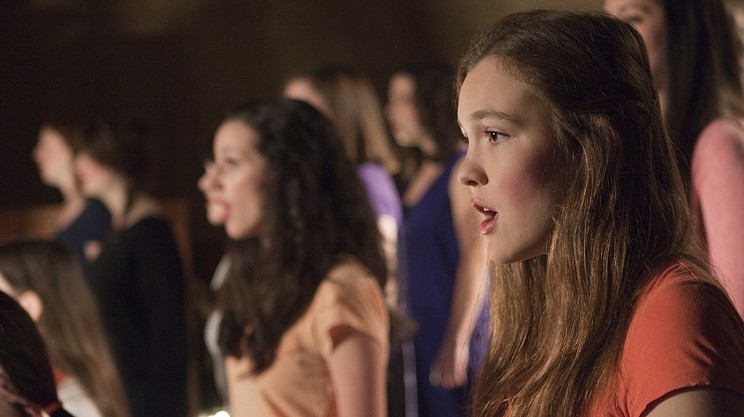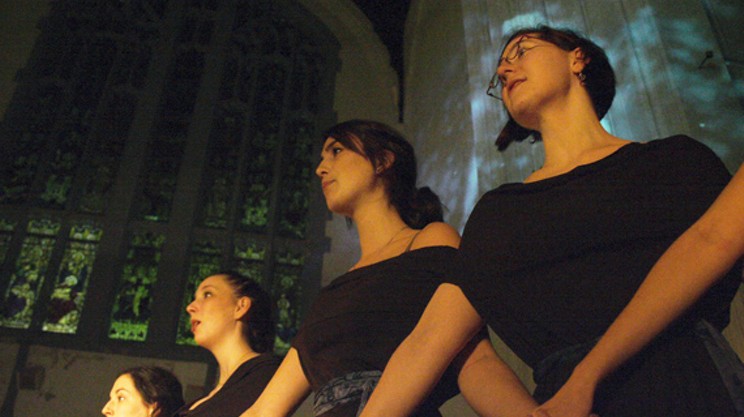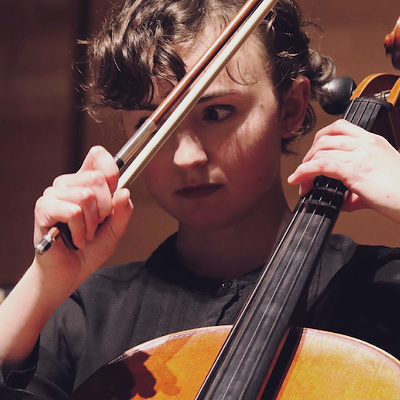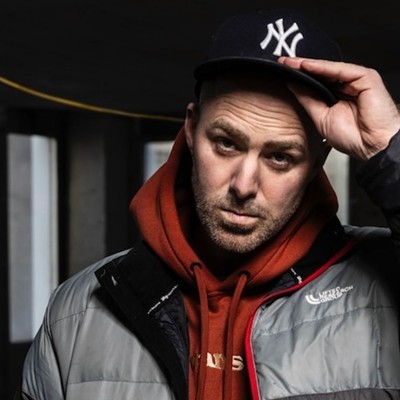The Hours Turn to Nothing
St. Matthew's United Church
1479 Barrington Street
Apr 28, 8pm & Apr 29, 2:30pm & 8pm
$23/$28
xara.ca/tickets
"I purposely didn't name any of the 'characters' within the narrative," says author Ami McKay, speaking on the inter-disciplinary choral performance, The Hours Turn to Nothing, that she has written in collaboration with Xara Choral Theatre. "It's a nod to how history has left out many women's names from the historical record and also my way of creating a unity between the women portrayed in the show."
These themes, of unity between women and of uncovering oft forgotten historical truths, are keys to the performance. The show is set during the events surrounding the 1917 Halifax Explosion, and tells the stories of the many midwives and nurses from across Nova Scotia, New Brunswick and the eastern United States that rushed to aid the city in the aftermath. "Part of the history we're trying to explore is that so many women who were within radius of the blast went into spontaneous labour," says Claire Leger, co-artistic director and choreographer of the piece. "And women from all over got on trains and came to Nova Scotia because there were just all these women who needed support and there wasn't enough."
Xara has never been a typical choir, telling stories through choral music, text and movement since 2008. With this event, it has continued to find new ways to push forward its mandate of shows centred on communities of women, and to bring its audience into history.
One way the group has chosen to do this is by hiring a researcher to find out more about the women living in the various stops on the Atlantic tour of The Hours Turn to Nothing. With this information, the choir will create temporary installations at these locations to commemorate the efforts of these individuals who are frequently forgotten. "It's a way of saying 'Hey, here in your community, here are the women who actually did this, here are their names and here are their faces,'" says Leger.
The group's multi-disciplinary approach has also created a bevy of artistic opportunity for McKay. She says that the research process was similar to that undertaken for her critically acclaimed novel, The Birth House, but that putting these stories of women within the context of choral theatre granted her a profound sense of freedom: "I was no longer limited by words on a page. The narrative could now be varied and contrapuntal, and most importantly, wedded to sound, movement and song."
McKay emphasizes the powerful journey it's been, having studied musicology in university, and now having an entire chorus of women's voices unite to bring forth the struggles of those that came before. It's a meeting of song and story, past and present, and one that McKay hopes will be as impactful for the audience as it has been for her. "I felt as if I was coming home to a part of myself I hadn't been able to visit in a long while. There may not be many survivors left from that terrible day, but I feel we carry their collective memories in our hearts. We are more like them than not. It's my hope that The Hours Turn to Nothing will create a space where the audience can dwell with music, memory and hope all at once."

